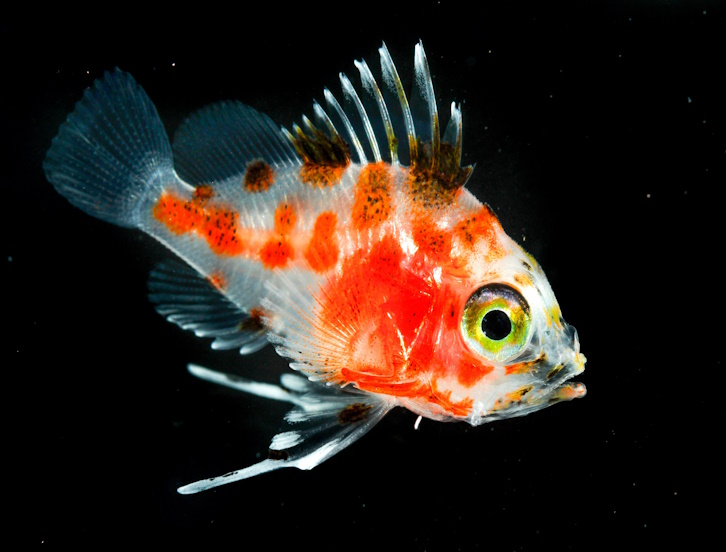Summer Science Exhibits on Tour at the British Science Festival

Exciting exhibits from the Royal Society's Summer Science Exhibition will be showcasing their ground-breaking research at this year's British Science Festival held at the University of East London.
A handpicked selection of exhibits from the Royal Society’s Summer Science Exhibitions, which annually showcases some of the most exciting scientific research from across the UK, will be appearing at the British Science Festival as one of its stops of the inaugural Summer Science Exhibits on Tour programme.
Uncover the captivating journeys of oceanic life, from biofilms to whales, revealing their movements, challenges, and human impacts; explore how zebrafish, sharing 70% of our genes, are unlocking insights into mental health conditions such as schizophrenia, ADHD, and addiction through gene editing; delve into the science of body odour, understanding its link to underarm microbiota and innovations in tackling sweat-induced smells; engage in the debate on communicating with extra-terrestrial civilizations; and marvel at cutting-edge robotic tools that assist surgeons with precision, mimicking the dexterity of the human hand.
This Summer, the Royal Society and British Science Festival are curating for curious minds!
Summer Science Exhibits on 11 September (Docklands campus, West Building, The Lounge)
A Message from Afar (St. Andrews Centre for Exoplanet Science/SETI)
There’s a whole Universe out there, and potentially other life forms. Is it time we reached out? How can we enter a conversation with extra-terrestrial civilisations, and what should we say? Contribute to a thought-provoking debate and explore the ethical, scientific, and existential implications of interstellar communication. Join Martin Dominik and his team, and ponder humanity's place in the cosmos.
BO and Beyond (University of Oxford)
Body odour can be embarrassing, but it’s something we all naturally produce. So don’t sweat it! Follow your nose on a scientific journey into body odour with ground-breaking research and see how individual underarm microbiota shapes unique scents. Explore the biology of BO production, uncover the origins of smelly compounds, and discover innovative technologies combating sweat's side effects
Summer Science Exhibits on 12 September (Docklands campus, West Building, The Lounge)
Ocean Travellers (University of Essex)
There are weird and wonderful ways that living things pass through our waters. It’s time to dive into the ocean's dynamic world of movement! Discover the fascinating tales of marine life, from biofilms to majestic whales. Uncover the mysteries of their locomotion, the challenges they face, and the impact of human presence. Join Nick Aldred and his team from the University of Essex for an exploration of the sea's mesmerizing rhythms.
Gene-ius Fish (QMUL)
We share roughly 70% of our genes with zebrafish, so could they offer insights into the human mind?
Dive into the fascinating world of zebrafish research with Queen Mary, University of London. Discover how gene editing techniques unlock insights into mental health conditions, from schizophrenia to addiction. Explore new treatments and drug development pathways in this forward-thinking study.
Summer Science Exhibits on 14 September (Stratford Campus, Arthur Edward Student Union)
Micro-Robotics for the Eye (KCL)
Ever heard about robots in a surgeons’ gown? Join Ross Henry from King’s College London to get to grips with cutting-edge robotic surgery tools, adept at delicate eye and body procedures. Witness their elephant trunk-like movement and human hand dexterity, and gauge your own skills. Don't miss this glimpse into the future of medicine!
Attending this event
- This event will be held between 11—15 September 2024 at various locations at the University of East London campus
- Entry to this event is free, although some talks and activities require advanced booking
- For more information, please visit the British Science Festival website







